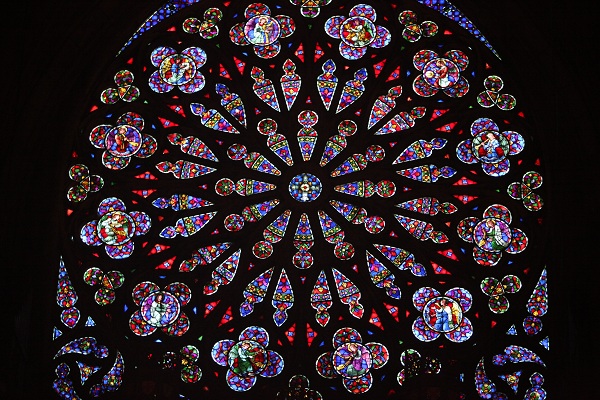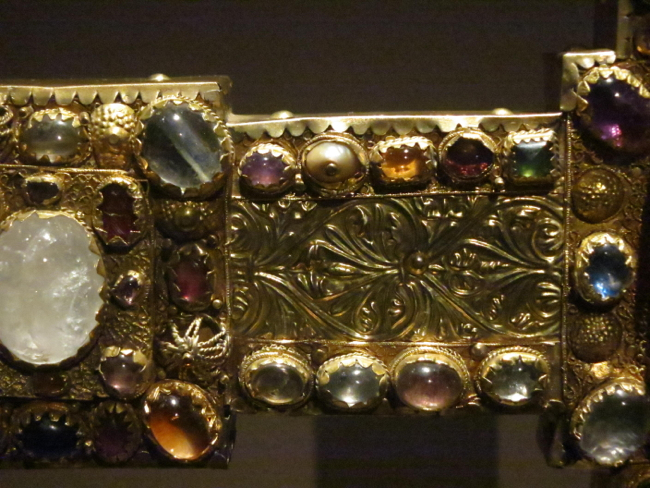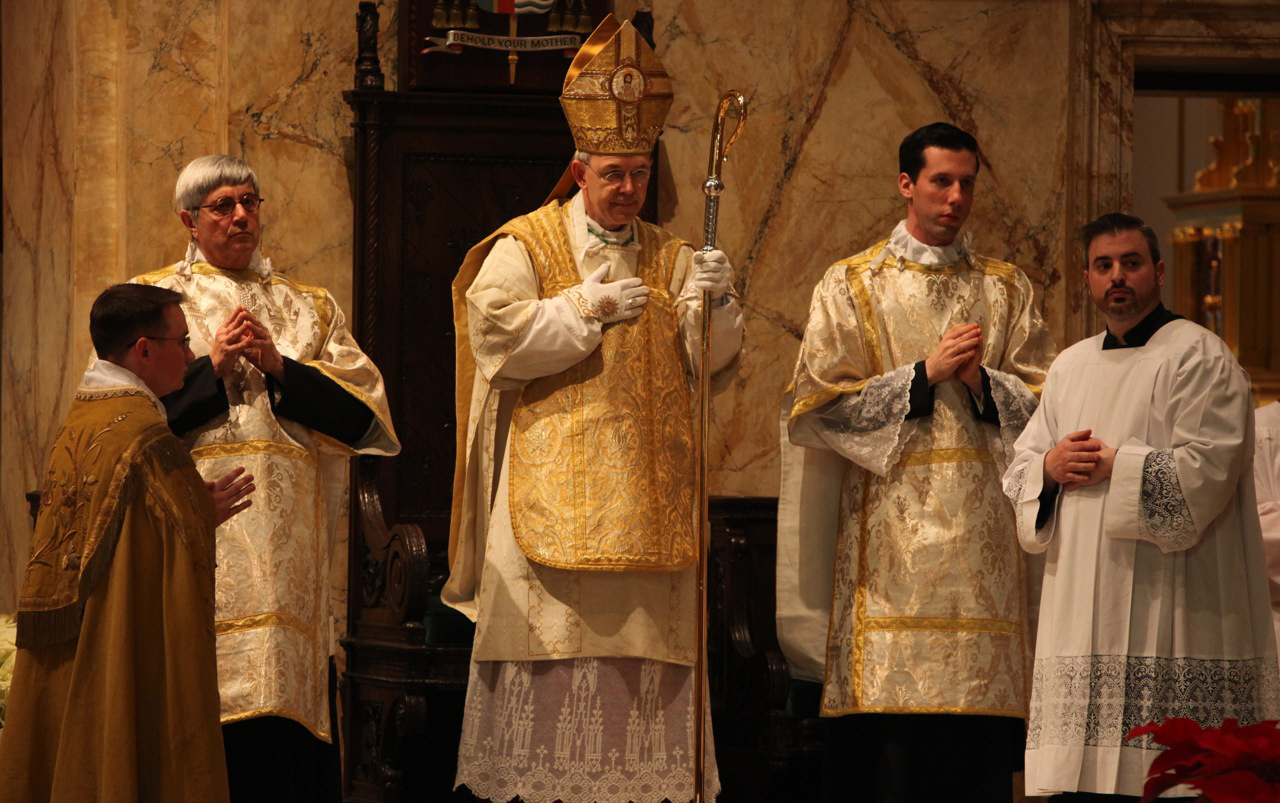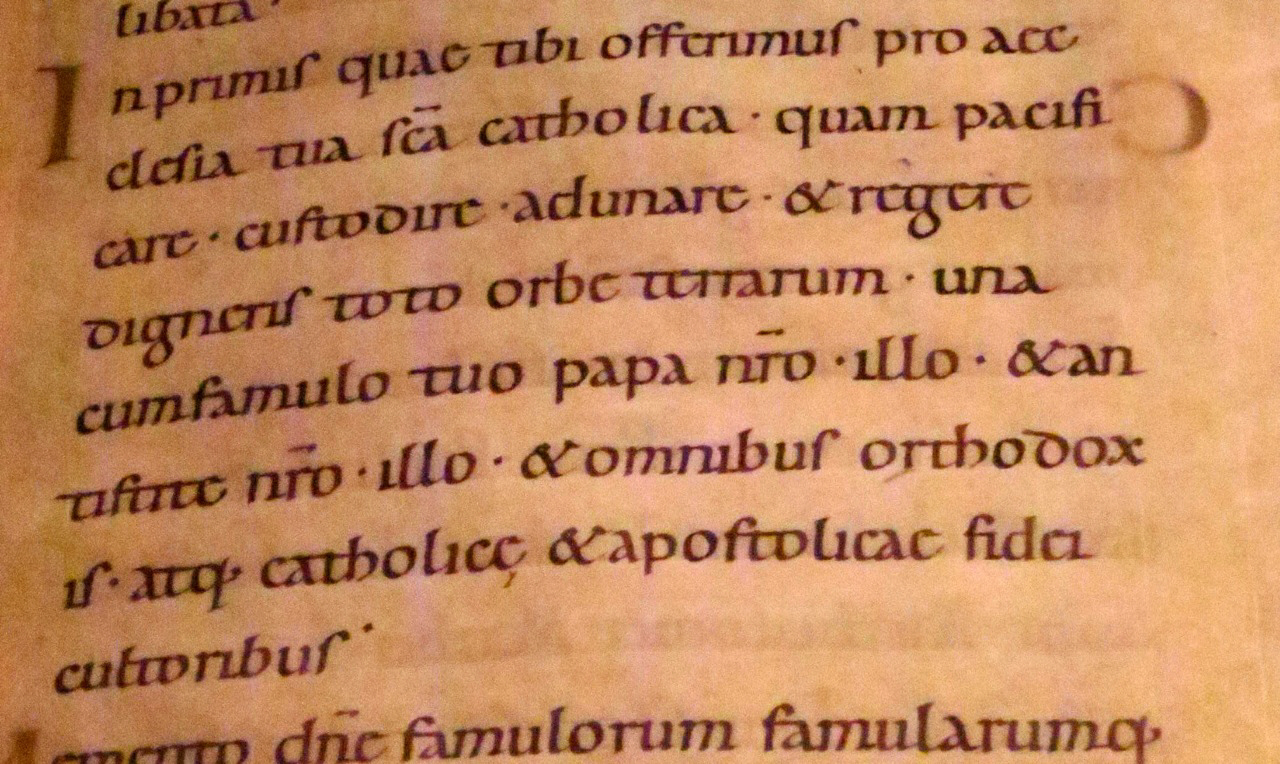Today is the 40th anniversary of Fr. Richard Cipolla’s ordination to the priesthood. Deo gratias agimus! He celebrated Solemn Mass at St. Mary Church, Norwalk.
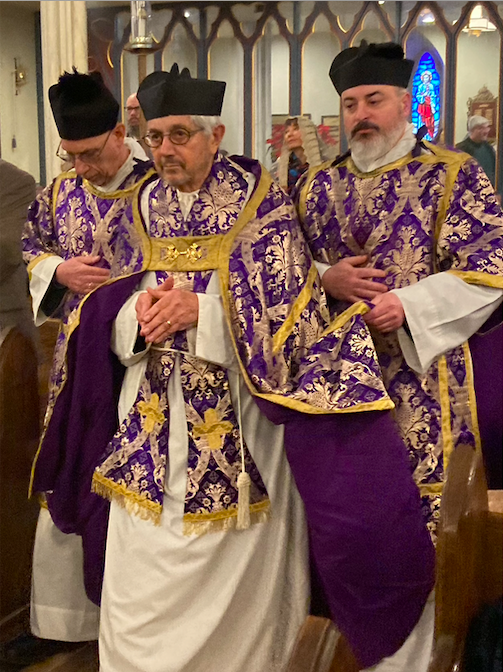
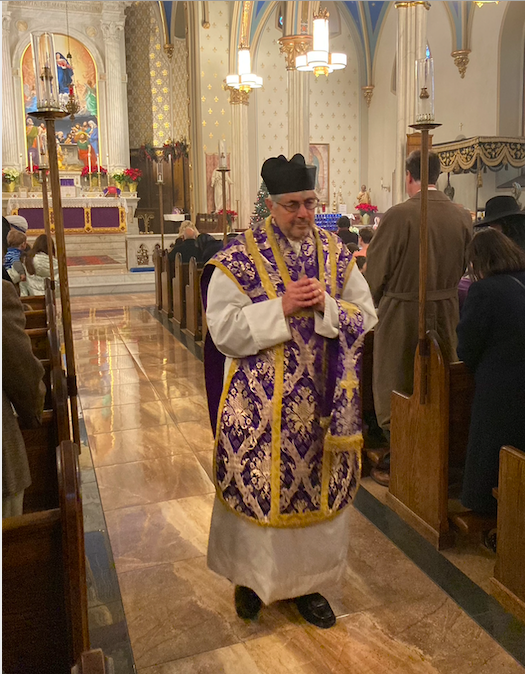
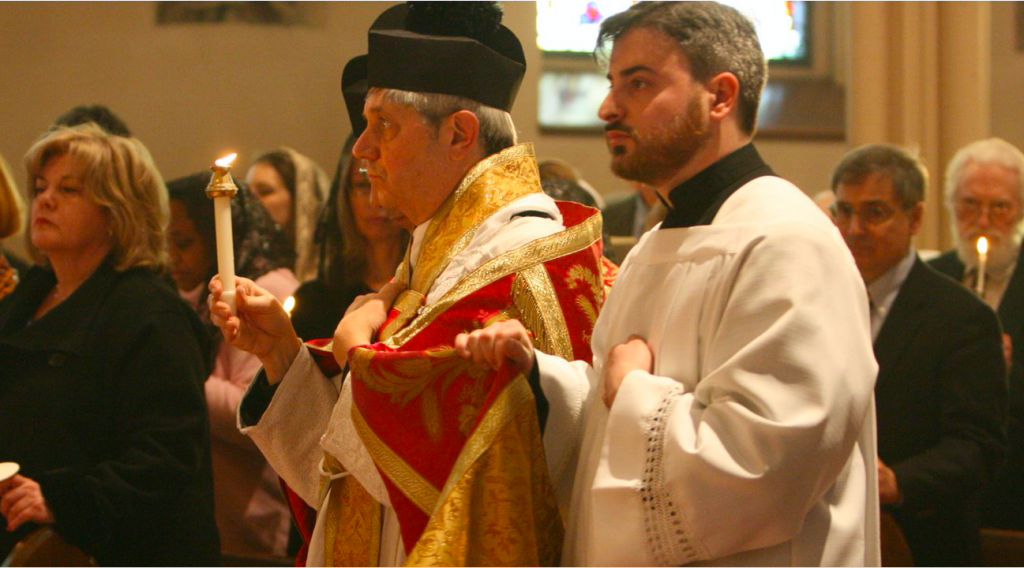
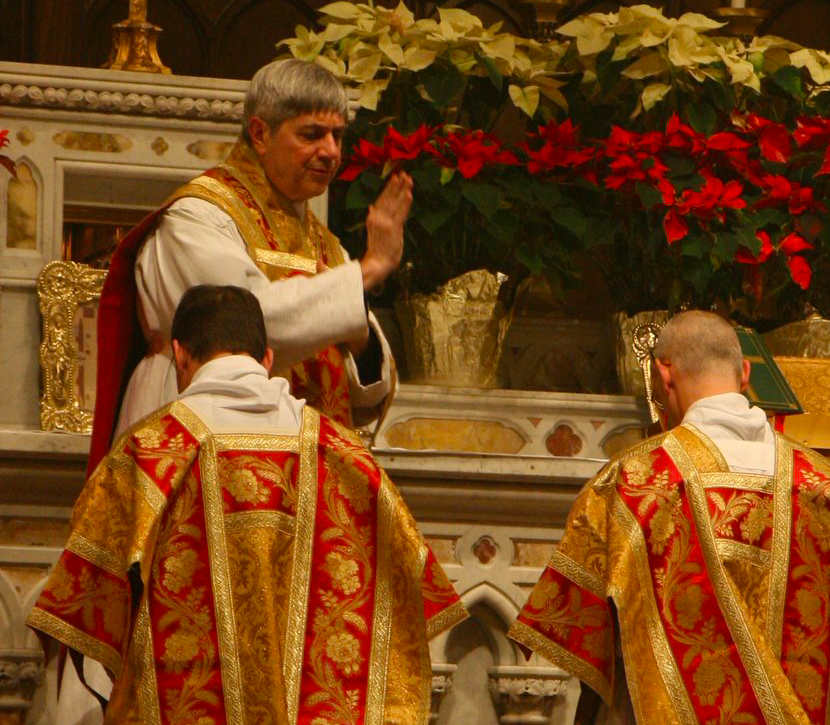
28 Jan
2024
Today is the 40th anniversary of Fr. Richard Cipolla’s ordination to the priesthood. Deo gratias agimus! He celebrated Solemn Mass at St. Mary Church, Norwalk.




18 Jan
2024
The spring semester of St. Mary’s Youth Schola will begin on Thursday, January 25, 2024.
This program of musical and faith formation based on Gregorian chant and sacred polyphony meets on Thursday afternoons from 4–5:30 p.m. during the academic year. The schola sings for Masses at the parish 2–4 times per semester. The Youth Schola is open to ages 8 through 18; young men with changed or changing voices are welcome!
Find out more and register at stmarynorwalk.net/youth-schola-program.
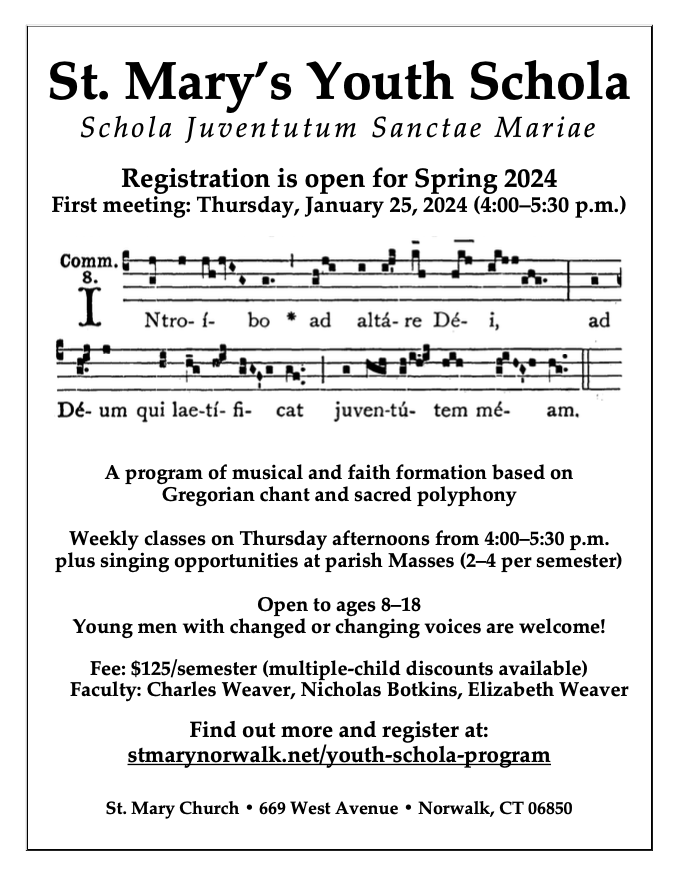
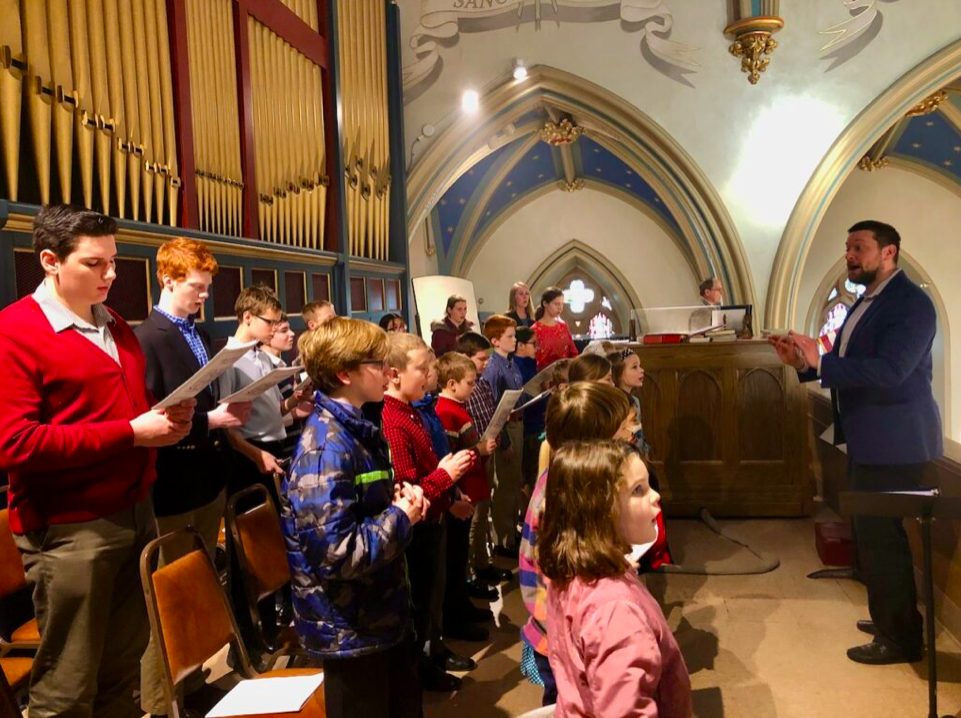
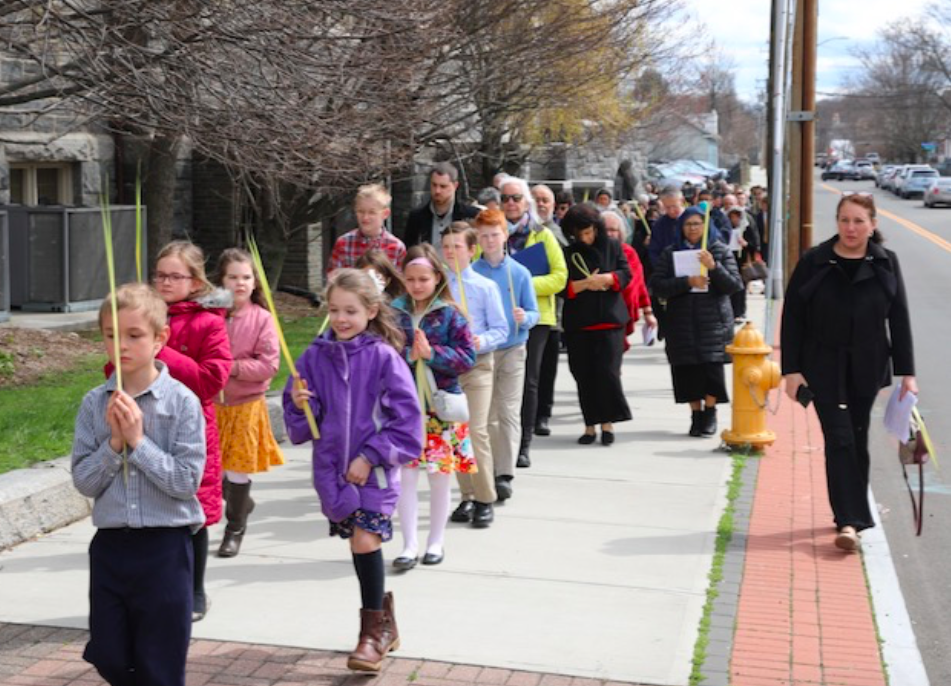
9 Jan
2024
7 Jan
2024
7 Jan
2024
20 Dec
2023
29 Nov
2023
20 Nov
2023
6 Oct
2023
NORWALK, CONN.—St. Mary’s Church and the St. Cecilia Society are pleased to announce a free concert-meditation by the Harpa Dei Choir on Tuesday, October 10, 2023 at 7:00 p.m. at St. Mary’s Church, 669 West
Avenue in Norwalk, Connecticut.
Harpa Dei will also sing at the 12:10 Mass at St. Mary’s Church on Tuesday, Oct. 10. The Mass on that day will be a Solemn Traditional Mass.
Harpa Dei has a peaceful and reflective musical style like no other: their beautiful sound is achieved only by theunaccompanied voices of four siblings. Nikolai, Lucia, Marie-Elisée and Mirjana Gerstner were born in
Germany and grew up in Ecuador. All four have as their spiritual foundation the long formation they have received in a religious community of Catholics.
Since 2011, as part of a peace initiative, the siblings have been called to evangelization through Sacred Music.
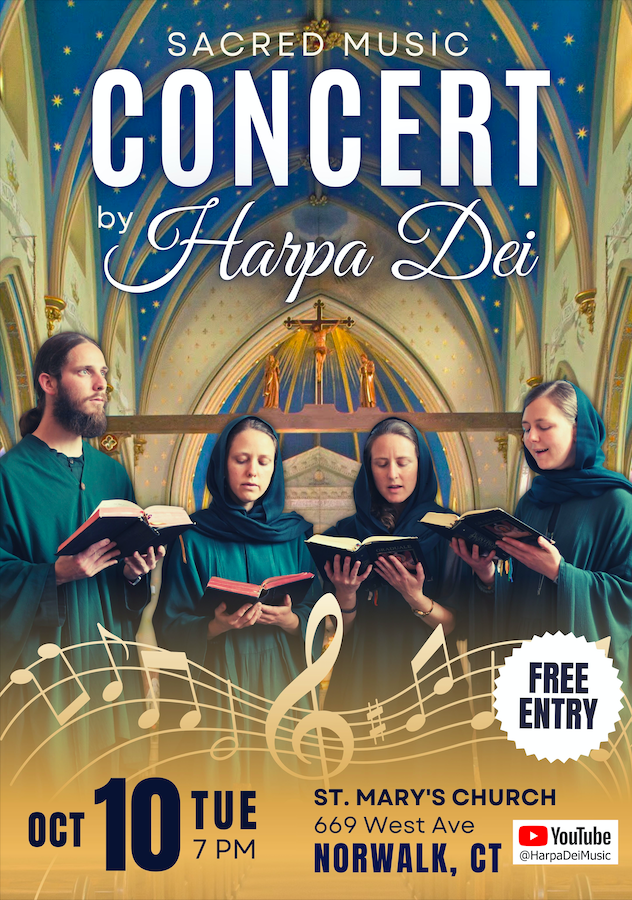
Harpa Dei tries to collect the most beautiful songs from different traditions, in order to glorify God, and to
transmit to people the beauty of the Lord, which shines so eminently in Sacred Music. Their mission has taken
them to many countries in the world, including Mexico, Israel, Germany, Russia, Ecuador, Lithuania, the
United States, and more, as well as to their beloved channel on YouTube (youtube.com/@HarpaDeiMusic).
Harpa Dei hopes to be able to contribute to recovering and creating sensitivity towards the musical tradition of
the universal Church, which, in the words of Vatican Council II, “constitutes a treasure of inestimable value,
which stands out among other artistic expressions.” (Sacrosanctum Concilium).
The concert program will include songs from the most diverse Christiantraditions: Armenian, Greek, Coptic,
African, Indian, Russian, Georgian, among many others. Do not miss this opportunity to experience the
haunting beauty and spiritual depth of the Harpa Dei Choir in person!
25 Sep
2023
